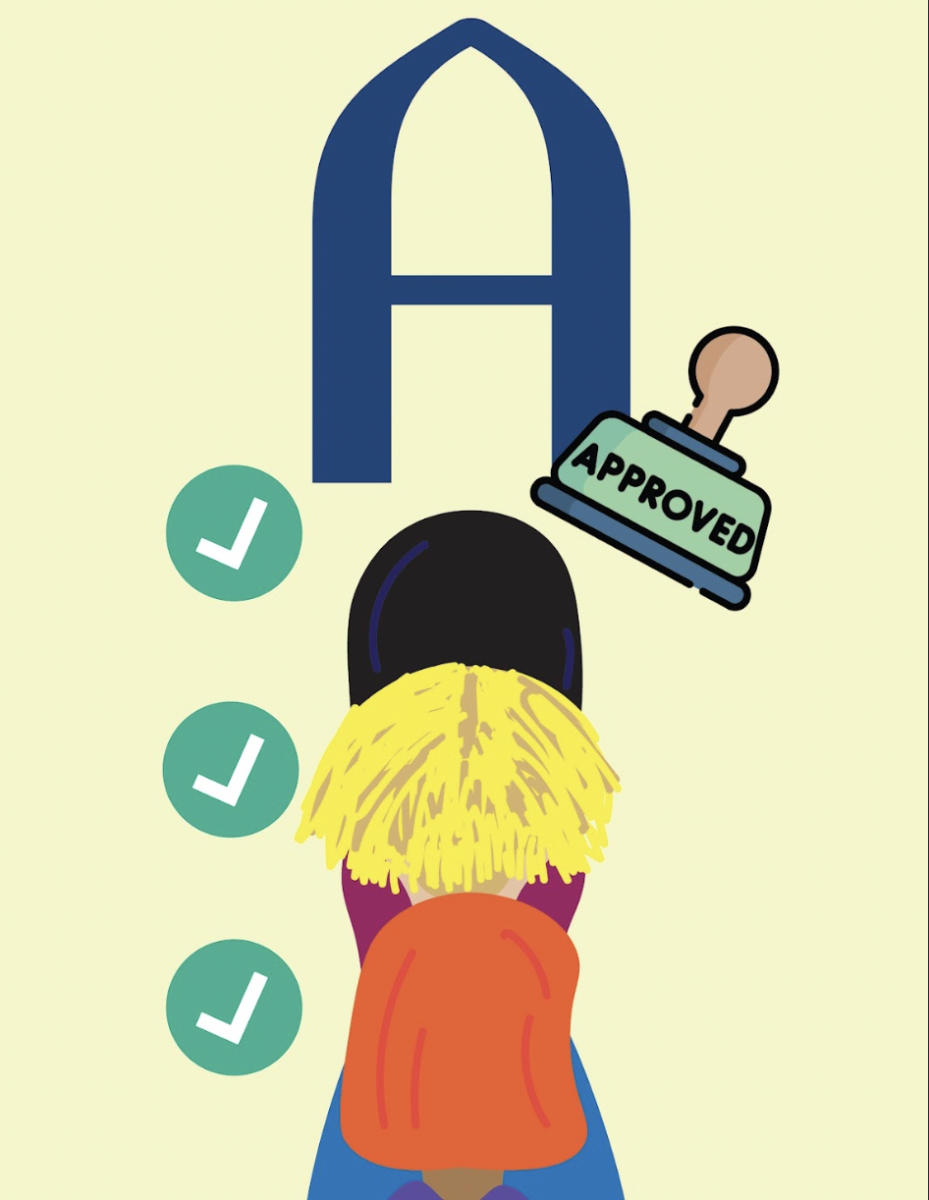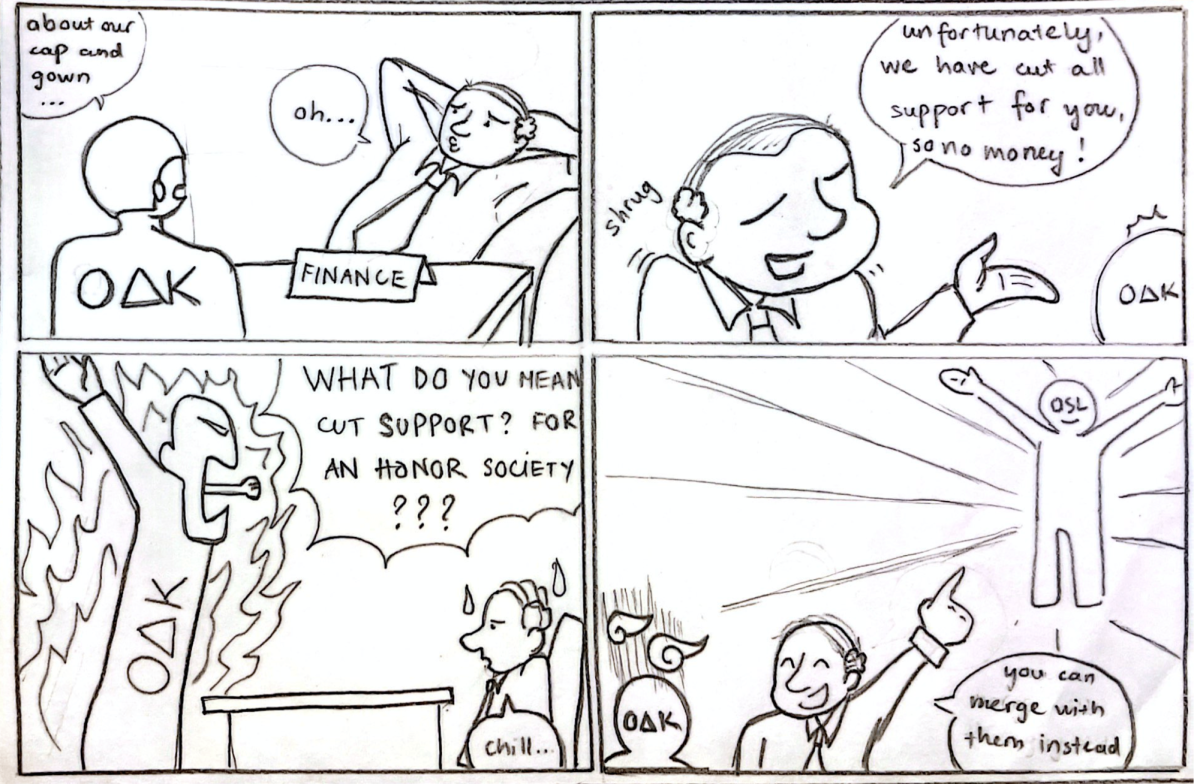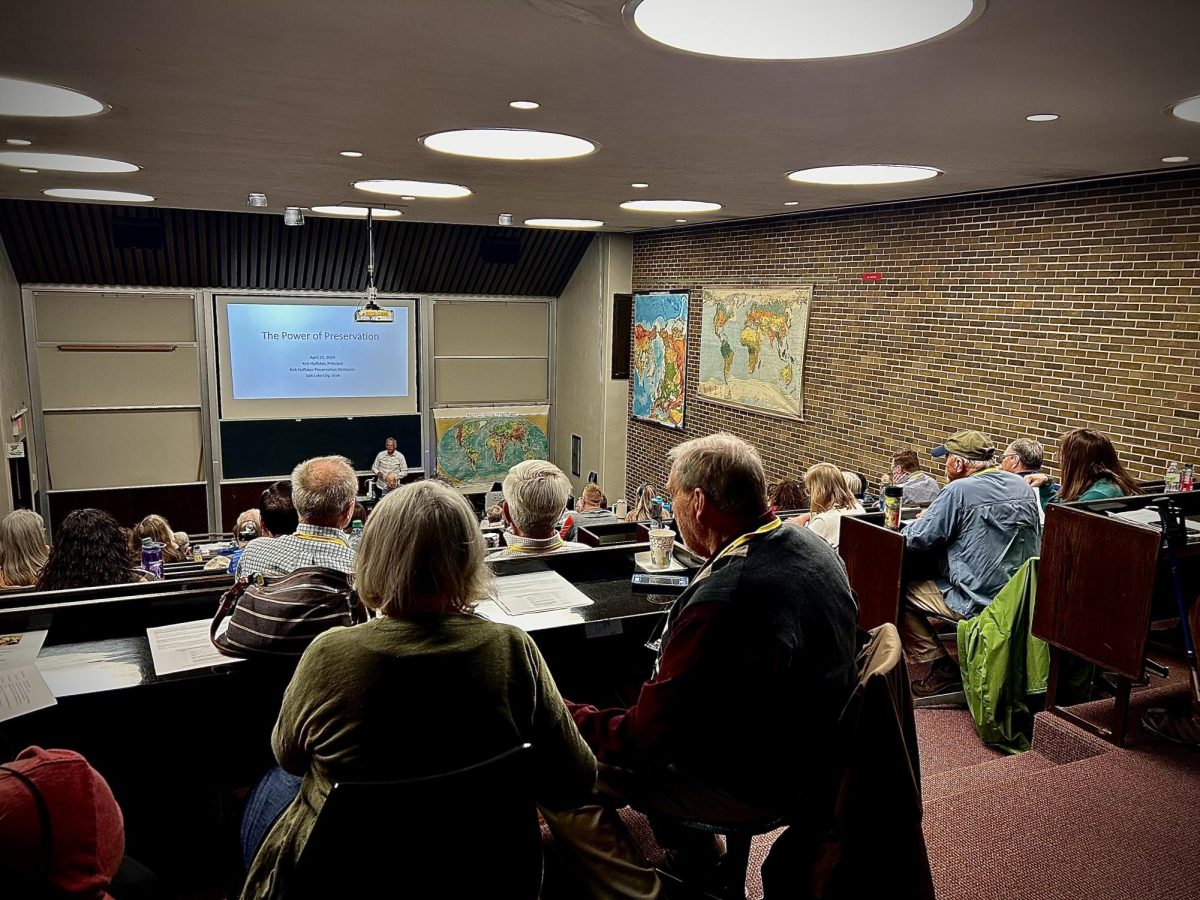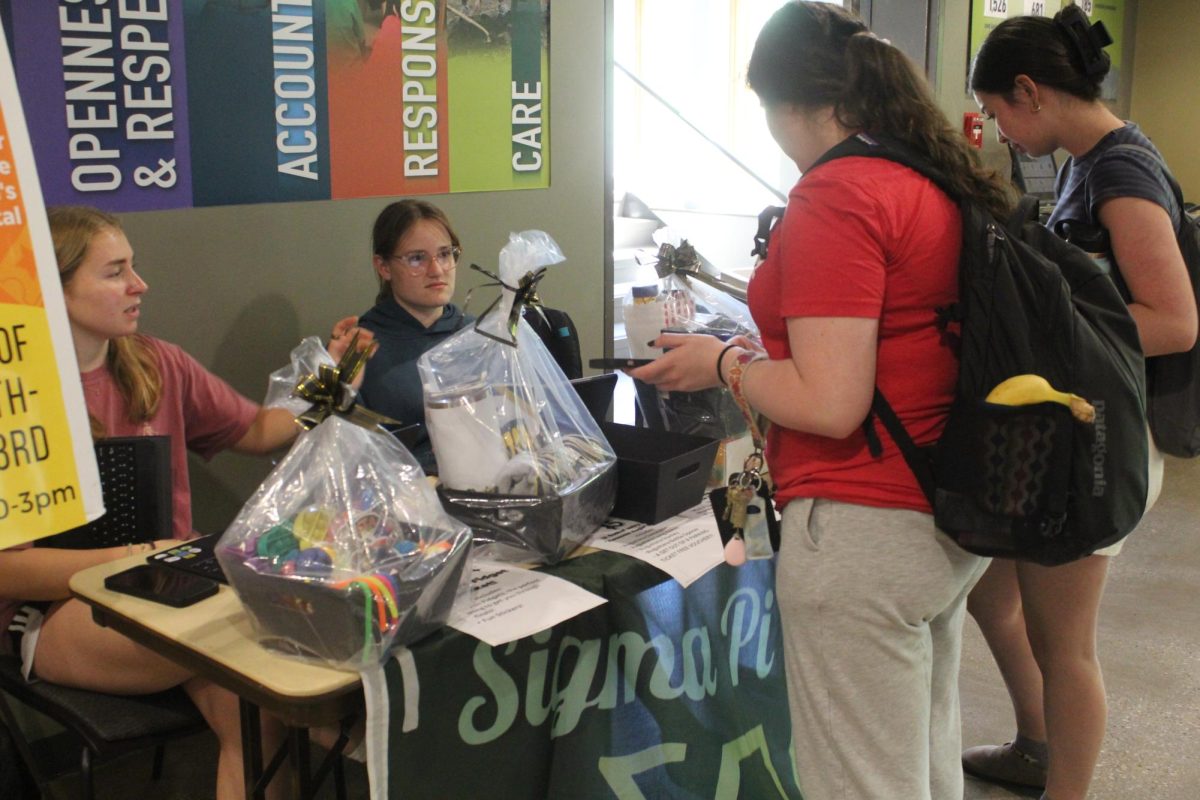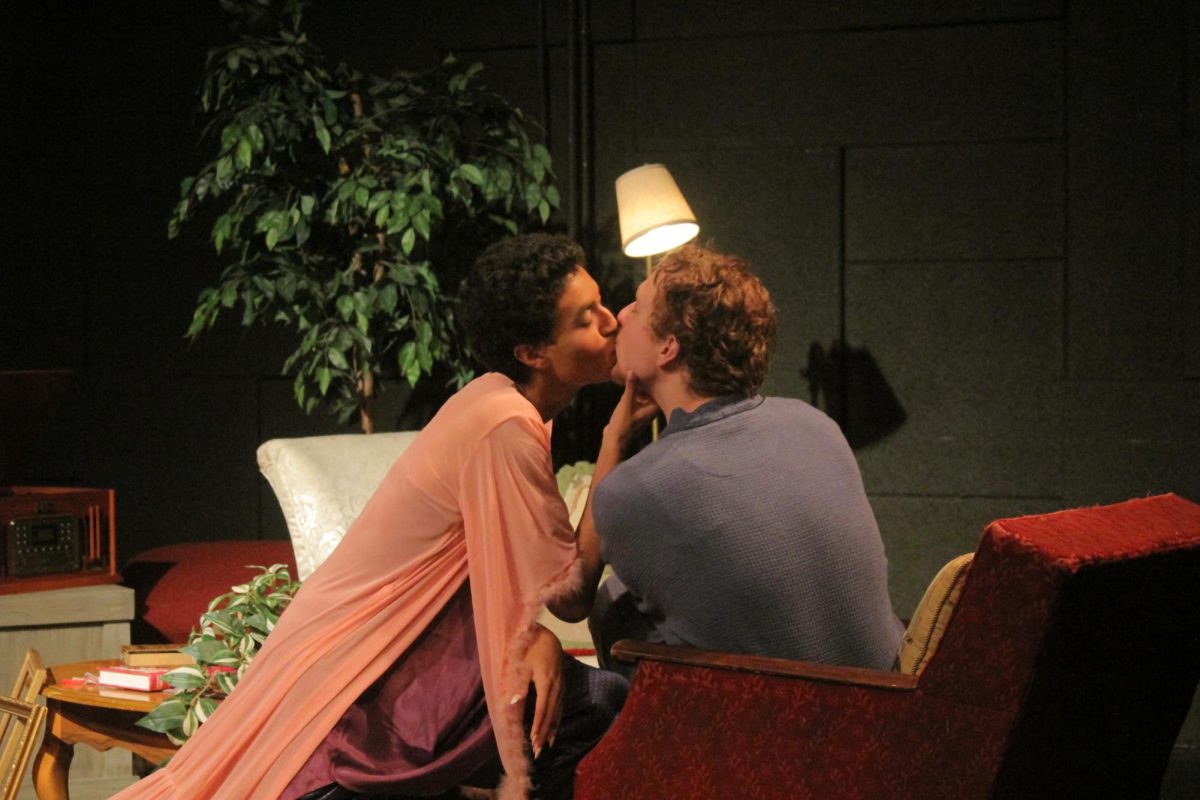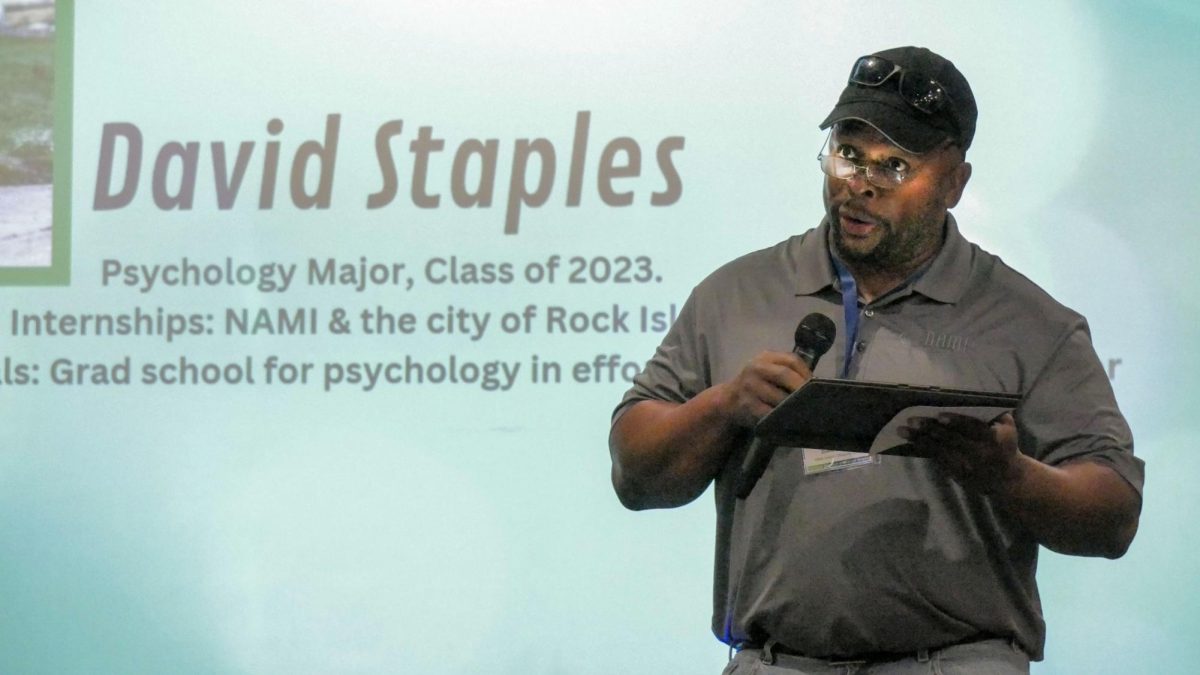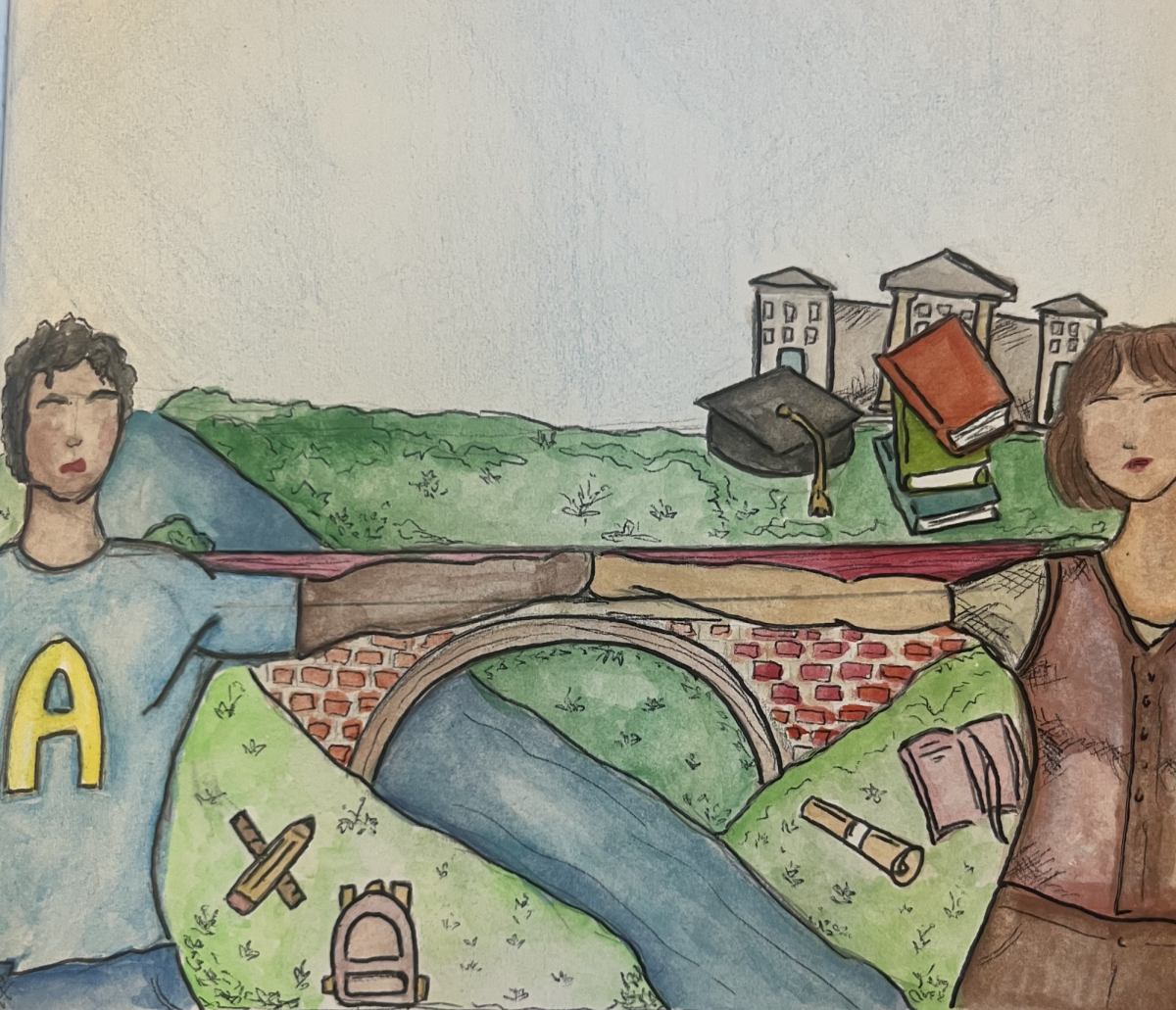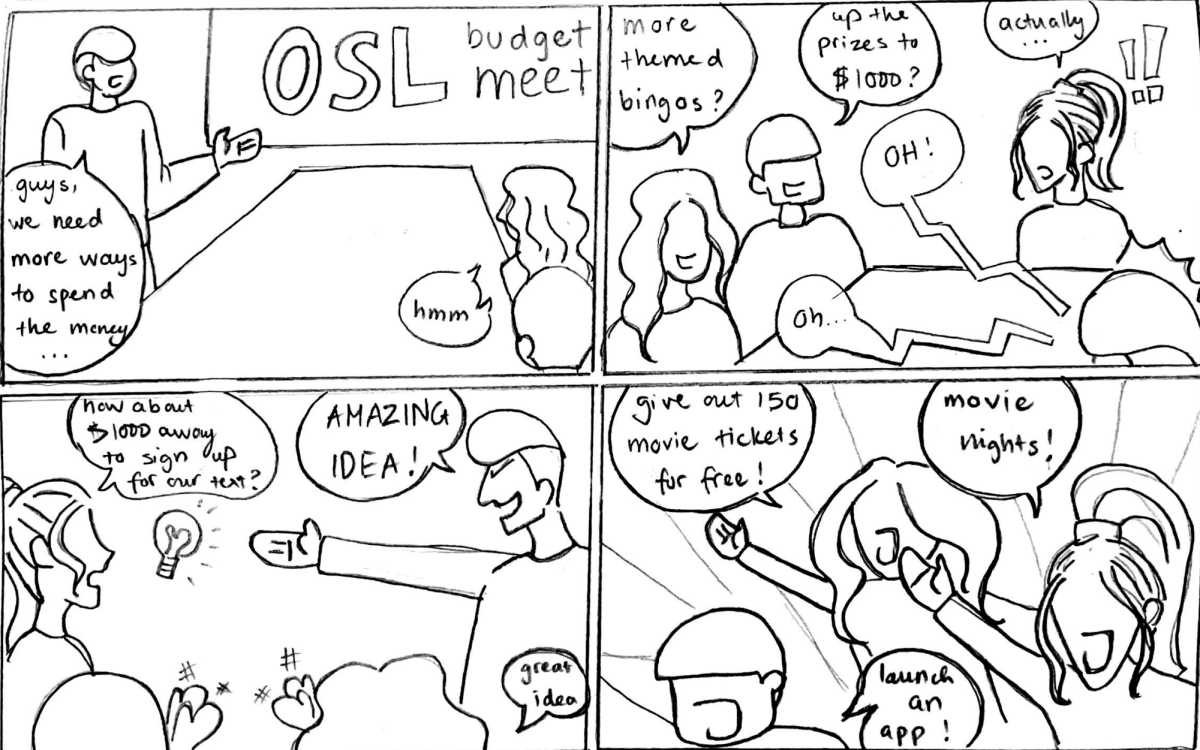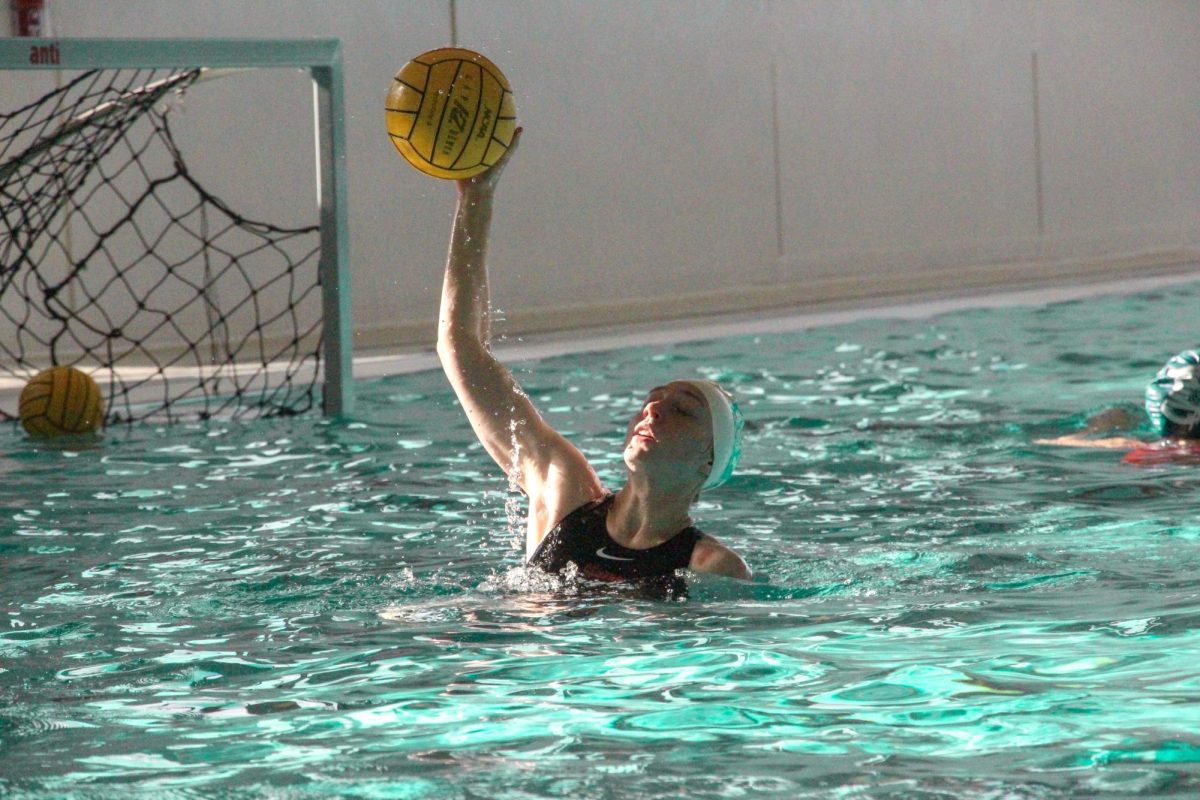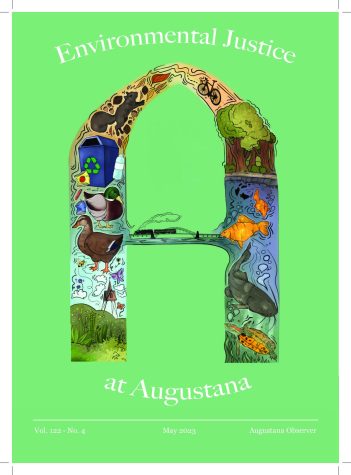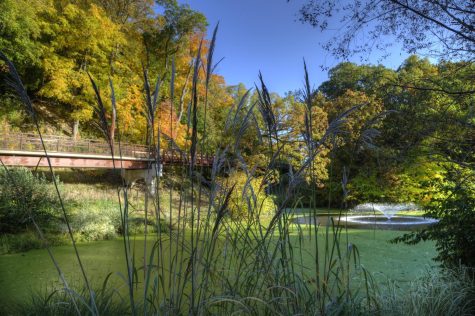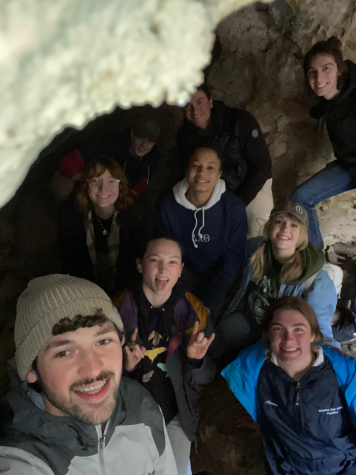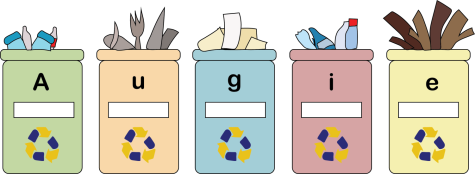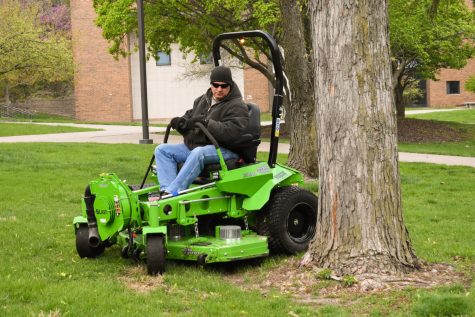Climate protests call for change
May 17, 2023
Several years ago, a protest on climate change led to lasting impacts at Augustana College. On Sept. 20, 2019, students of Augustana College gathered to speak on the issues that they saw and the changes they wanted to make at their school.
As a collective, students decided that it would be best that they display their desire to make an impact by making the topic of climate change more personal and relatable. Since then, there have been changes done on campus to address the issues of sustainability.
Dr. Jennifer Burnham, a geology professor at Augustana, was the faculty advisor for the demonstration at the time. During the protest she was able to see how much students cared about the issue.
“Students were just really pumped and excited to do something a little bit challenging but doing it in a respectful way to get attention from others on campus, that we weren’t paying as much attention to environmental concerns,” Burnham said.
During the event, different people spoke, from faculty members to children, with all of them highlighting the significance of taking action toward a more sustainable college campus that is actively trying to reduce its carbon footprint.
“The students were really optimistic about it,” Burnham said. “They wanted to draw importance and invite the campus to hear about the importance of the environment and what we could do about it.”
Robert Burke, a former student at Augustana that graduated in 2020, was one of the organizers of this event. Burke and his colleagues found that it was important to address the issues on campus regarding climate change and decided to take a stand by organizing a demonstration.
“We had a couple of goals with that,” Burke said. “One was just to highlight societal inaction on climate change. But then the other was to highlight Augustana’s role in that institutional action that was needed to do something about climate change that wasn’t being done.”
The demonstration on campus happened around the same time as the global climate strike that occurred on Sept. 20 and 27 in 2019 organized by Greta Thunberg.
According to Burke, this inspired students to take action and use their platform.
“It was just kind of a whirlwind of having that platform of the global climate strike plus, knowing and studying these issues, a lot of the students who are involved with the climate strike were students who have an interest in solving problems related to climate change,” Burke said.
One of the speakers during the demonstration was former President Steve Bahls. Bahls said there were changes that were planned for the coming years prior to the pandemic.
One of the main plans was the organization of the Environmental Action Task Force.
Since its establishment in 2019, the task force has been working on making changes that are not only sustainable but also impactful in regards to the overall appearance of the campus.
Some of the members of the committee include Dr. Michael Reisner, Dr. Olivia Melton, Dr. José Boquin, Dr. Adam Kaul, junior Jack Hughes, Kirk Anderson, Chris Beyer and Kai Swanson.
Jack Hughes is the student representative in the task force and sees how much work has been done by this committee. Because he is majoring in geology and minoring in environmental studies he has a deeper knowledge about the effects of climate change.
He is also the vice president of Sierra Club and part of the Udden Geology Club which are both student groups on campus who work with topics related to the environment.
“The two biggest, most recent impacts of the committee that you can visibly see on campus [are] the solar panels that went up on top of Westie, our freshman year, so that was 2020 to 2021,” Hughes said. “And then the Sorensen remodel, which you wouldn’t think would actually be related to the sustainability committee. But the goal of that remodel was not only aesthetic, but also to conserve heat and heating costs.”
In addition to the major renovations there are also more detail oriented changes happening to make the campus more sustainable.
According to the sustainability committee report for March 2022 published on the Augustana website, all campus lighting has been upgraded to LED, there is an increase in the the composting of food waste and the Lindberg center has completed LEED silver standards certification. LEED silver standards certifications are given to buildings that are constructed to achieve sustainability by reducing carbon footprint.
Even though there are changes being done to the campus that can make it more sustainable, there is still more to do and Dr. Burnham thinks it’s everybody’s responsibility to try and make a difference.
“I think there’s always things that can be done, whether it’s the school that starting these things, whether it’s students, faculty, like everybody together, is really what we need to be looking at,” Burnham said.
